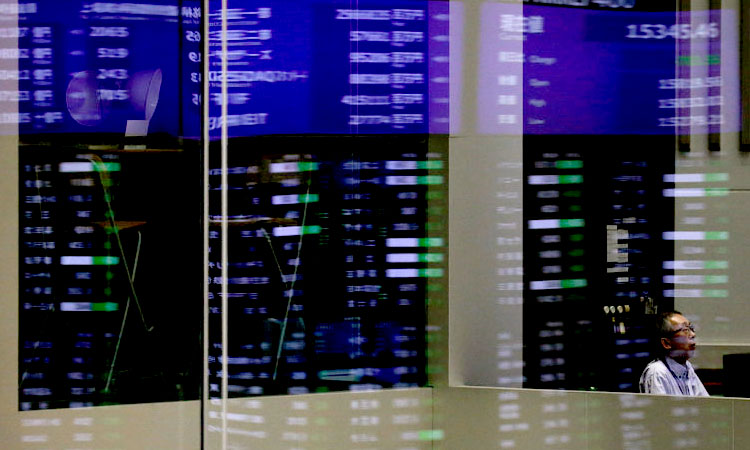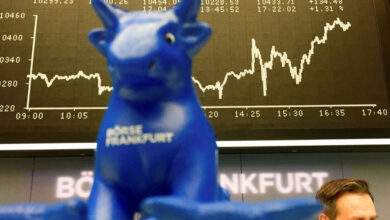Tencent weighs on Hong Kong’s stock market as a result of Japan’s positive GDP growth.

After Japan’s GDP for the second quarter was revised up, Japanese stocks led gains across Asia on Thursday. However, Tencent’s losses dragged down Hong Kong’s benchmark index.
The Nikkei 225 market surged more than 2% after Japan’s second-quarter GDP was increased to an annualised growth rate of 3.5%, up from a previous estimate of 2.5%.
The reading, which now places the Japanese economy above pre-pandemic levels, was mostly driven by a rise in business and consumer expenditure. Rising inflation and interest rates, on the other hand, make the economic picture for the rest of the year in Japan a little less clear.
Also Read: China’s Tencent will release its most popular game, “Honor of Kings,” all over the world.
In addition, a return of COVID-19 cases is anticipated to impede activity.
On Thursday, broader Asian equities followed Wall Street’s overnight run higher as the dollar and Treasury yields declined. But investors wondered if the gains would last, since the Federal Reserve is expected to keep raising interest rates for the rest of the year.
According to a Fed report released on Wednesday, the central bank forecasts the U.S. economy to continue to be “generally sluggish.” The probability that the Fed will raise interest rates by 75 basis points later this month is seen by traders to be 75%.
Also Read: Tencent drops by 2.5% as Prosus and Naspers say they will slowly sell shares.
The Hang Seng index in Hong Kong declined 0.6%, with Tencent Holdings Ltd. (HK:0700) bearing the heaviest weight due to news that a major stakeholder intended to sell a $7.6 billion holding in the internet giant.
Tencent’s stock price dropped 2.4% to its lowest point in three weeks. But Hang Seng’s losses were lessened by gains in other big tech stocks, which went up along with their U.S. peers.
The small drop in Treasury yields helped the tech sector gain the most during Wall Street’s overnight bounce.
Even though statistics show that Australia’s trade surplus fell from record highs in July, Australian stocks went up by 1.6%.
Also Read: Alibaba and Tencent have been fined for failing to disclose information.
A downturn in China, which is a major market for Australia’s exports of commodities, could pose a threat to the economy of Australia.
Concerns about an economic slowdown in the world’s second-largest economy continued to push Chinese stocks higher on Thursday. China’s trade surplus went down more than expected on Wednesday, as both exports and imports went down.





